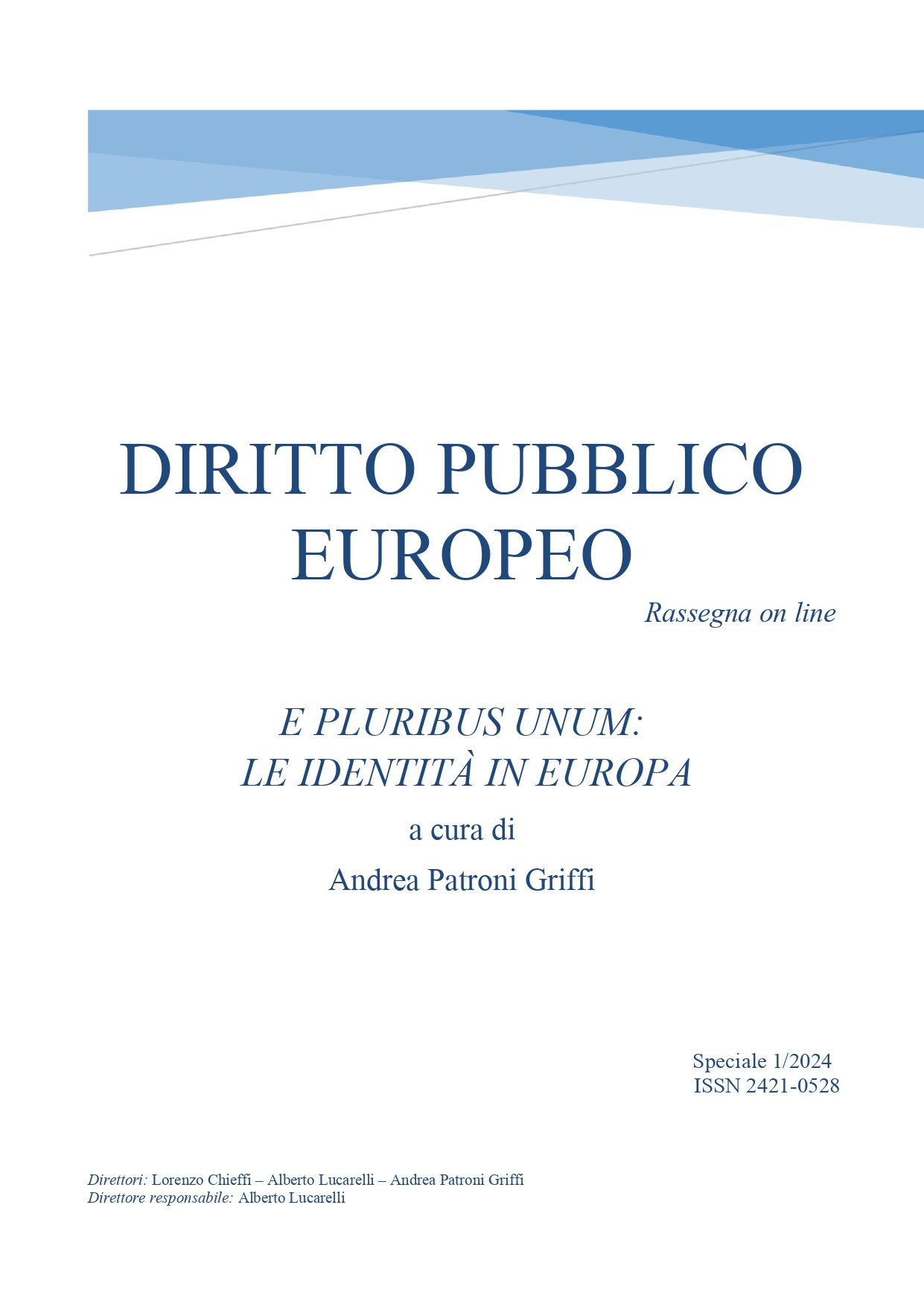Il diritto di essere sé stessi nell’era digitale: nuove sfide per l’identita’ personale tra tutela della dignita’ dell’individuo e integrazione europea
Abstract
Nel 1985 la Corte di cassazione italiana sanciva la fine del lungo e complesso dibattito dottrinale e giurisprudenziale relativo al riconoscimento del diritto all’identità personale trovando fondamento e piena legittimazione di tale situazione giuridica soggettiva nel principio personalista che anima l’intera Carta costituzionale. Quasi un quarantennio dopo quella stessa esigenza, mai più sopita, emerge oggi con nuovo e maggior vigore in presenza di uno scenario particolarmente complesso perché sempre più caratterizzato da tecnologie in grado di raccogliere ed elaborare frammenti informativi della personalità dell’individuo. L’utilizzo massivo di dati personali, supportati da strumenti, come quelli connessi all’IA, in grado di «creare nuova conoscenza» tramite un potere di calcolo mai sperimentato prima pone, infatti, in tale ambito nuove e significative sfide. Da qui la necessità di analizzare le prospettive di tutela dell’identità personale nell’attuale scenario digitale dinanzi ad un fenomeno tecnologico che sembra rendere sempre più labili i tradizionali confini tra privato e pubblico e fluidi i territori nei quali la personalità si realizza, incidendo sulla corretta proiezione dell’identità personale all'interno di una società tecnologicamente avanzata. Questo nella consapevolezza che la tutela dell’identità personale inerisce quel principio supremo di «libertà-dignità» che è garantito dalla Carta costituzionale italiana nell’endiadi espressa dagli artt. 2 e 3 Cost. ed è incardinato nell’art. 2 del Trattato sull’Unione Europea. Un principio che necessita di essere preservato e tutelato perché non solo costituisce la radice comune delle esperienze costituzionali europee, ma diventa il pilastro intorno al quale avviare una nuova fondamentale fase del processo di integrazione europea nell’era digitale
Downloads
Copyright (c) 2024 Daniela Messina

This work is licensed under a Creative Commons Attribution 4.0 International License.




